Country: Congo (the Democratic Republic of the)
-
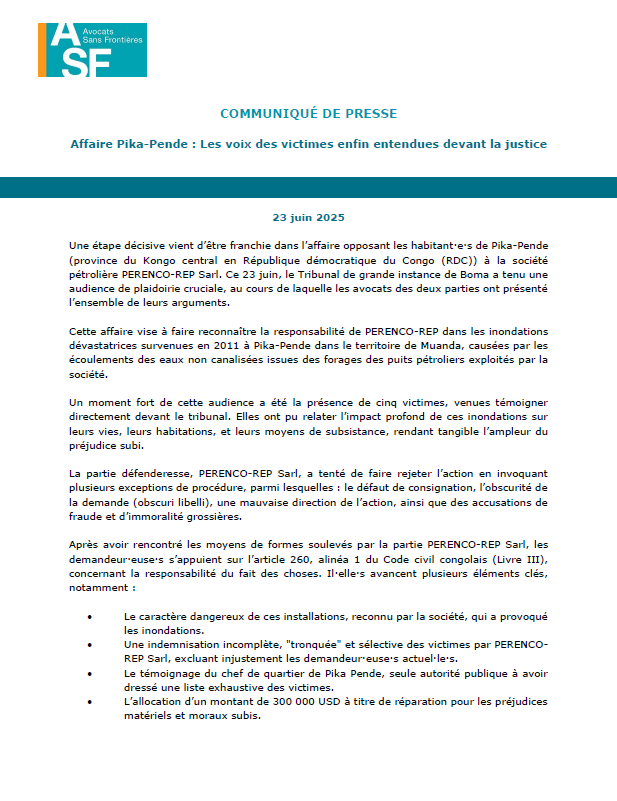
-
Balumisa Manasse et autres
Document(s) à télécharger : Lien vers les décisions : Cour Militaire du Sud-Kivu Bukavu et Haute Cour Militaire
-
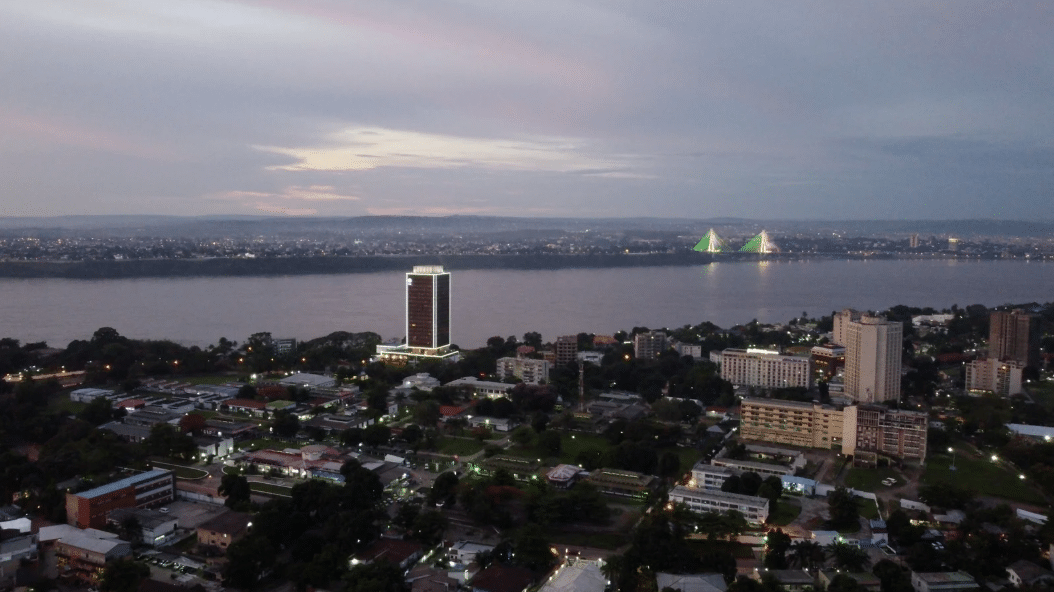
Logic of pre-trial detention in the DRC: In Kinshasa, the use of the penal system to the detriment of law enforcement
ASF has published a study entitled Pratiques et logiques sociales du placement en détention préventive à Kinshasa (Practices and social logics of remand in custody in Kinshasa), which looks at the discourse, practices and representations of public prosecutors in Kinshasa. Conducted from a legal anthropology perspective, the study’s conclusions are clear: far from being limited…
-
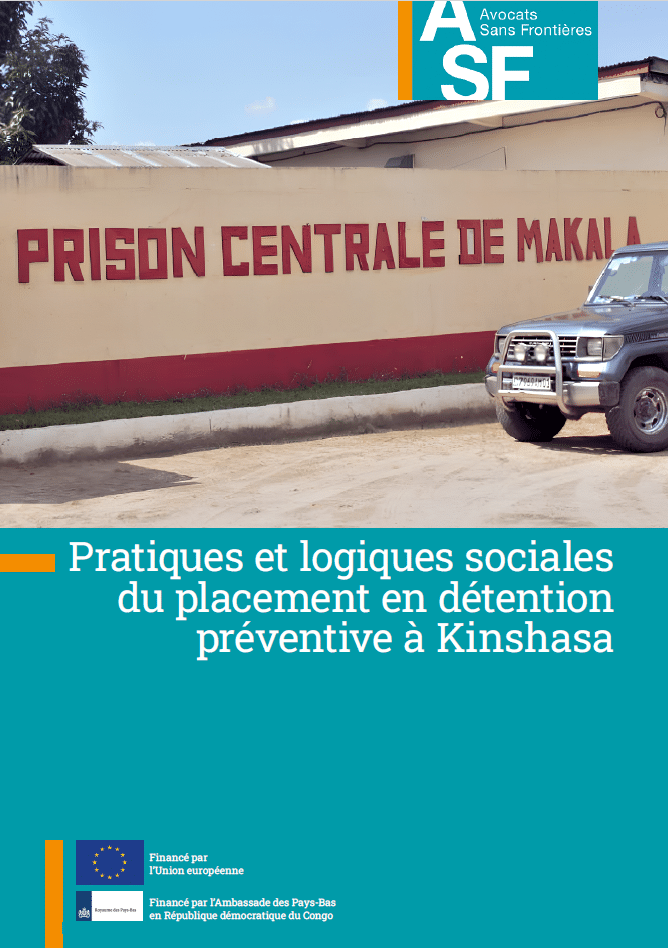
-
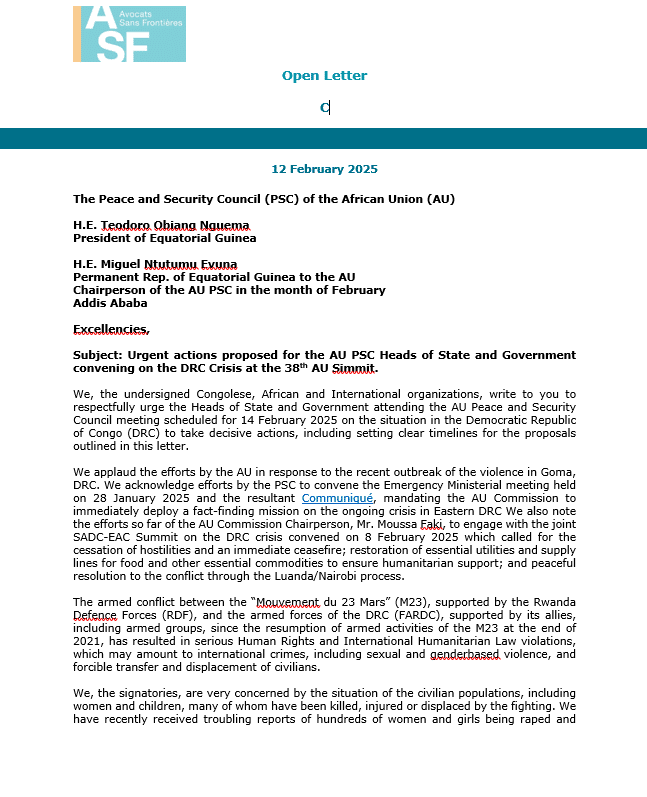
-
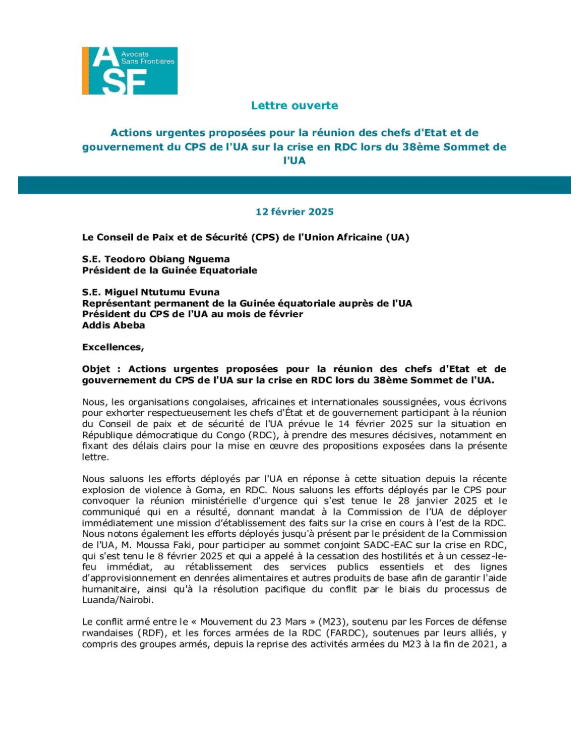
-
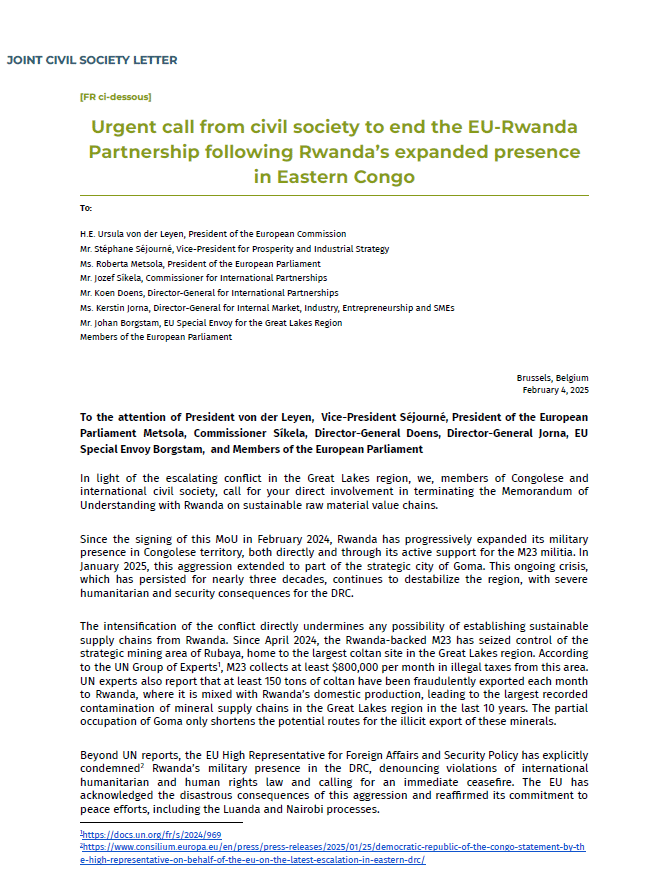
-
“Tujichukulie na tuongoze sheria ya Mpito” – Community ownership and leadership for transformative transitional justice in Ituri and North Kivu
Funding: Embassy of the Netherlands in the DRCDuration: 3 years (January 2024 > December 2026)
-
Holistic and inclusive transitional justice to consolidate and strenghten the fight against impunity in the DRC
Funding: European Union Duration: 3 years (February 2024 > January 2027)
-
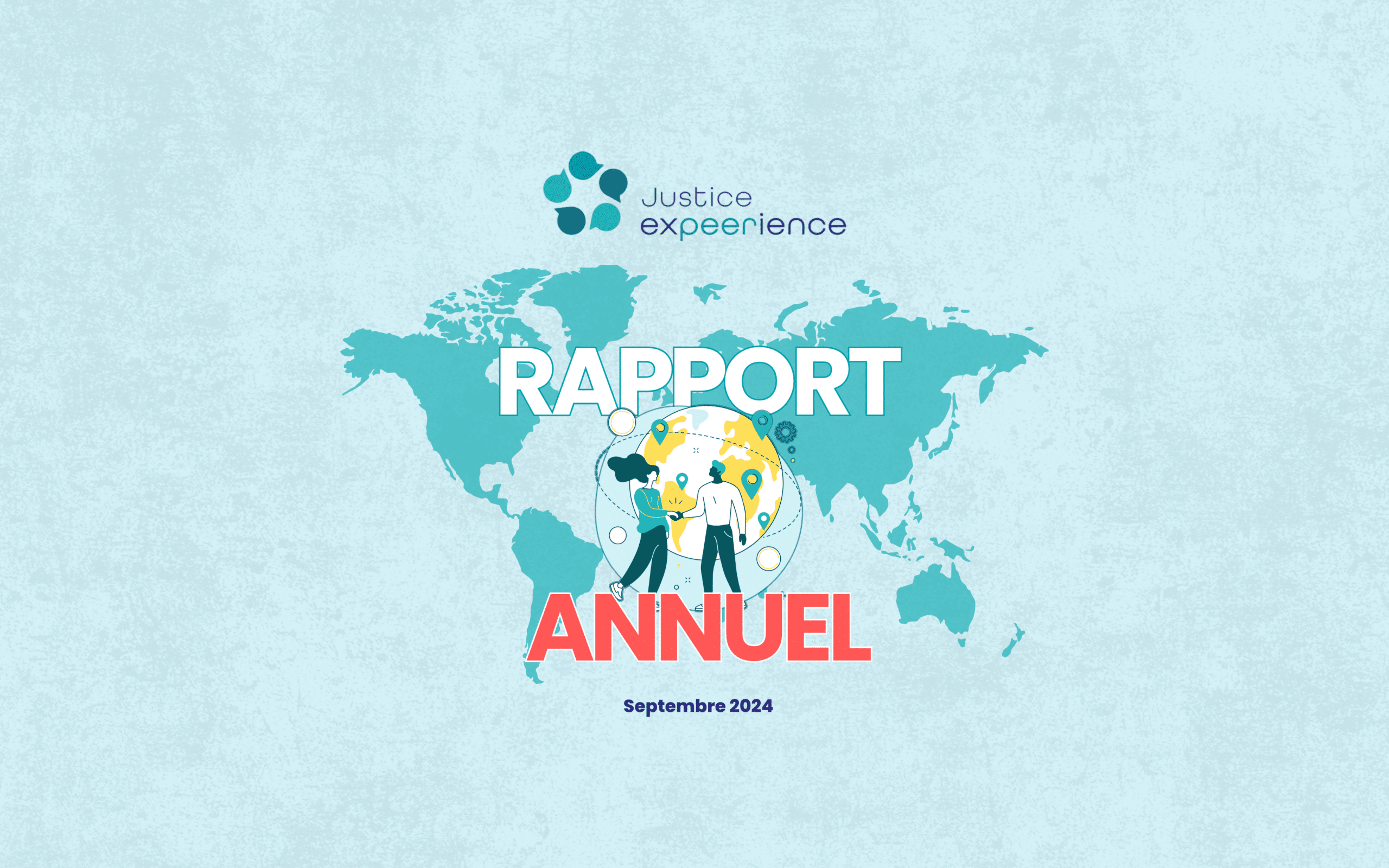
The Justice ExPEERience network keeps growing: evolution and new features
Justice ExPEERience celebrated its 3rd anniversary this summer! To mark the occasion, the network’s coordination team is proud to present the Justice ExPEERience annual report.
